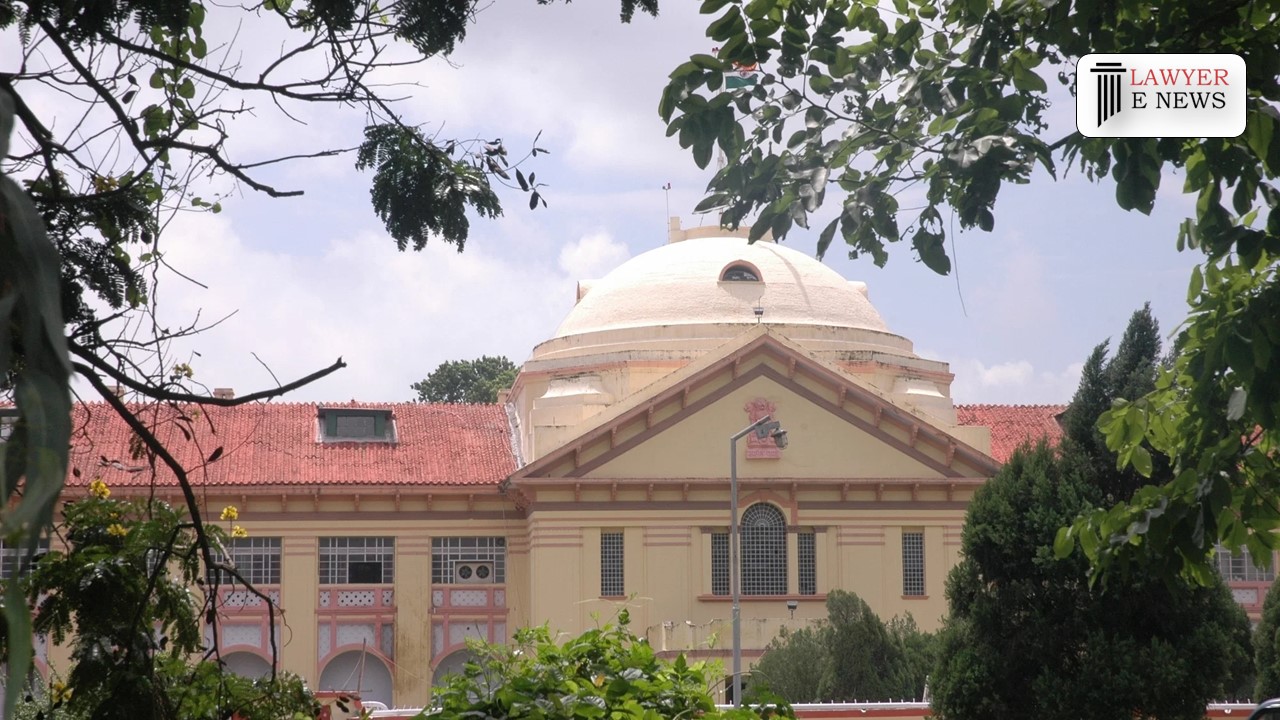-
by sayum
14 February 2026 2:22 PM



In a significant ruling that has garnered widespread attention, the High Court delivered a momentous judgment today, acquitting multiple appellants in a contentious murder case. The verdict, based on meticulous scrutiny of the evidence presented, cited “failure to prove the case beyond all reasonable doubts” as the key reason for the acquittals.
The case pertained to a conviction under Sections 302/149 of the Indian Penal Code, wherein the accused were charged with committing a heinous crime in a joint effort. Throughout the trial, a battery of legal issues came under intense scrutiny, including the establishment of the place of occurrence, the presence of witnesses, identification of the accused, non-examination of the Investigating Officer, and an unreasonable delay in lodging the First Information Report (FIR).
Justice R.K. Sharma, presiding over the bench, meticulously analyzed the testimonies of the prosecution witnesses. The court noted several inconsistencies and contradictions in their statements, which cast a shadow of doubt on the credibility of the entire prosecution’s case.
“The prosecution has failed to establish the place of occurrence beyond all reasonable doubts,” remarked Justice Sharma, highlighting a significant flaw in the case. The court referred to a precedent, stating, “As held in State of Rajasthan vs. N.K. Sharma, (2009) 13 SCC 211, the failure to establish the place of occurrence leaves a gaping hole in the prosecution’s narrative.”
The prosecution's case further faltered when It came to proving the presence of key witnesses at the alleged scene of the crime during the time of the incident. The court pointed out contradictions in the testimonies of the witnesses, raising doubts about their veracity. “The presence of witnesses is a crucial aspect of any criminal trial. In the absence of proper corroboration, the prosecution’s case loses its footing,” the court observed, referring to Khujji @ Surendra Tiwari vs. State of Madhya Pradesh, (1991) 3 SCC 627.
Another critical aspect that came under scrutiny was the identification of the accused. The court observed that the prosecution witnesses failed to provide any concrete source of identification for the appellants. Inconsistencies in their descriptions of the accused further weakened the prosecution’s case. Quoting from Zakir Husain Abdul Hamid Mir vs. State of Maharashtra, (2004) 5 SCC 428, the court remarked, “Identification of the accused plays a vital role in a criminal trial. In the absence of reliable identification, convictions cannot be sustained.”
The court also highlighted the failure of the prosecution to examine the Investigating Officer who conducted the substantive investigation. This oversight raised questions about the fairness and comprehensiveness of the investigation process. The court cited Kishan Lal vs. Dharmendra, (2014) 14 SCC 527, stating, “Non-examination of the Investigating Officer creates a lacuna in the prosecution’s case and prejudices the accused’s defense.”
Moreover, the High Court expressed concern over the unreasonable delay in lodging the FIR. The prosecution’s inability to satisfactorily explain the delay gave rise to suspicion regarding the authenticity of the allegations. The court cautioned, “Delay in filing the FIR may lead to the possibility of concoction and embellishment of the occurrence.”
After a thorough examination of the evidence and legal precedents, the High Court held that the prosecution failed to prove its case beyond all reasonable doubts. Consequently, the bench set aside the convictions and acquitted all the appellants, ordering their immediate release from custody. The landmark verdict reaffirms the principle of “innocent until proven guilty” and underscores the significance of a robust and foolproof criminal justice system.
Date of Decision: 26 July 2023
Shankar Pandit vs The State Of Bihar
